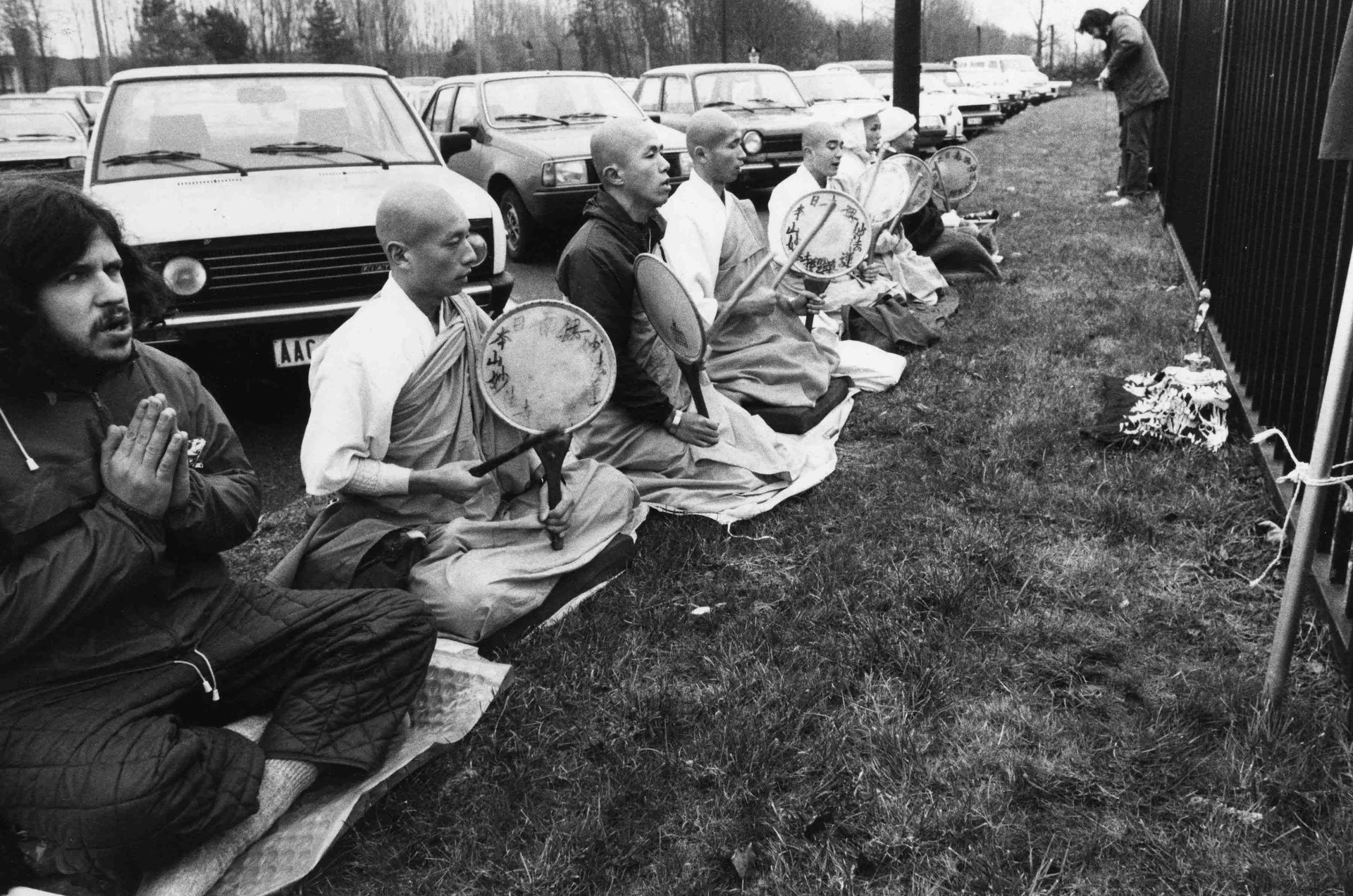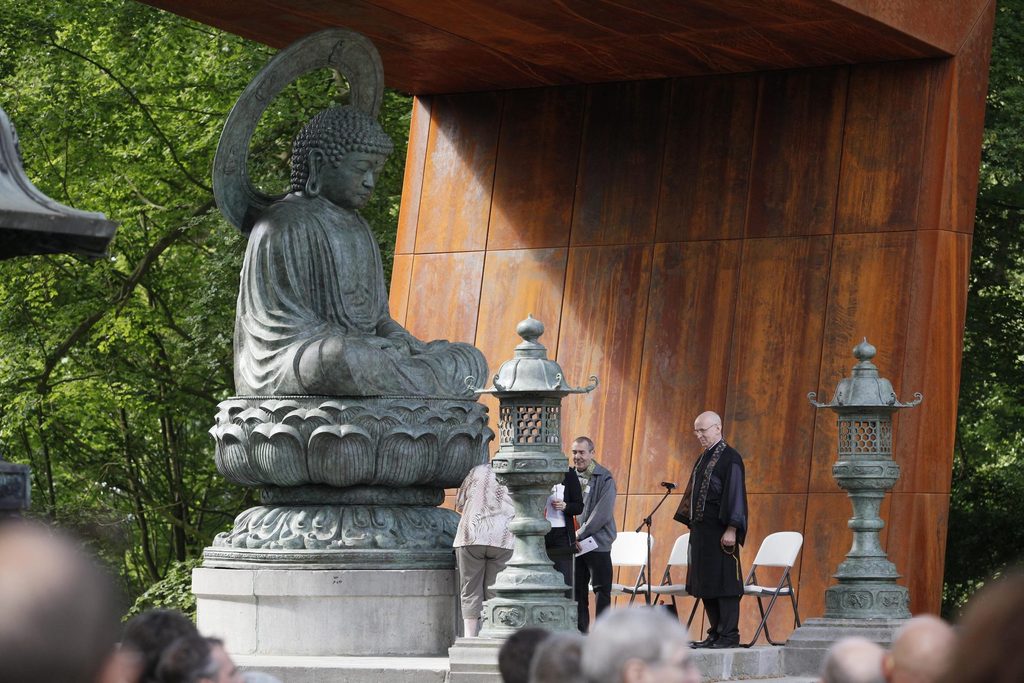The Belgian Council of State has expressed a favourable opinion on the preliminary draft law that would see the Buddhist Union of Belgium (BUB) officially recognised by the Belgian State, according to sources cited by Le Soir.
A final approval would make the BUB the official representative of the Belgian Buddhist community and the interlocutor of the Belgian Government.
The draft law was submitted by the Federal Minister of Justice Van Quickenborne's cabinet and is due to be voted on by the Federal Parliament in December. The opinion has not yet been published on the Council of State website, and the office of the Minister of Justice cautions that "a few points still need to be worked out with the communities."
A decades-long fight
The Buddhist Union of Belgium, which has grown to 150,000 members, has been fighting for official recognition for years.
In 1961, the group submitted their first request for recognition, rejected on the grounds that the organisation was too small. Then in 2006, it resubmitted the request to be recognised as an official Belgian "non-denominational philosophical concept."

Six Buddhist monks in a hunger strike in favour of disarmament outside the NATO HQ in 1981. Credit: Belga Archives
Since 2008, it has received an annual subsidy of around €200,000 with an ultimate goal of attaining official recognition. However, it was not until this year that the Council of Ministers approved Van Quickenborne's draft law. Official recognition would mean a further €1.2 million yearly to fund BUB's operations and employees.
The recognised philosophies of life include the six recognised religions (Roman Catholicism, Judaism, Anglicanism, Protestant-Evangelicalism, Islam and Orthodoxy) and the country's first "non-denominational philosophical concept" called liberal-humanism or la laïcité organisée (organised secularism) which includes Belgian organisations that offer moral assistance on an atheist or agnostic principle. Buddhism will fit under this latter category.
Religion or organised secularism?
"We would have liked to add a third category better suited to the essence of Buddhism," Carlo Luyckx, president of BUB, told Le Soir. "But we were told that it was complicated enough as it was, and that we shouldn't open Pandora's box."
And so Buddhism is set to become the second non-denominational Belgian philosophy of life, but this label was also not achieved without a struggle, namely against the Centre d'action laïque (CAL) to which Luyckx wrote a letter explaining that Buddhism was in fact not a religion but "a service to people - and not to a divinity that is worshipped, Buddha being a man among others," according to Le Soir.
Related News
- Hindus push for recognition as official religion in Belgium
- Buddhism becomes eighth recognised religion in Belgium
Though the BUB seems to have won official recognition, Belgium's procedure for the recognition of religions and non-denominational organisations at large was deemed arbitrary and potentially discriminatory by the European Court of Human Rights.
In April 2022, it ruled that Belgium must pay €5,000 in damages to Belgian Jehovah's Witness associations (not recognised by the Belgian State) after an amendment to the Brussels legislation made it so that non-recognised religions were no longer exempt from property taxes.
Despite the ambiguity of the process, it remains to be seen how other organisations will be treated. In July, the Hindu Forum of Belgium also requested official recognition by the Belgian Government.

